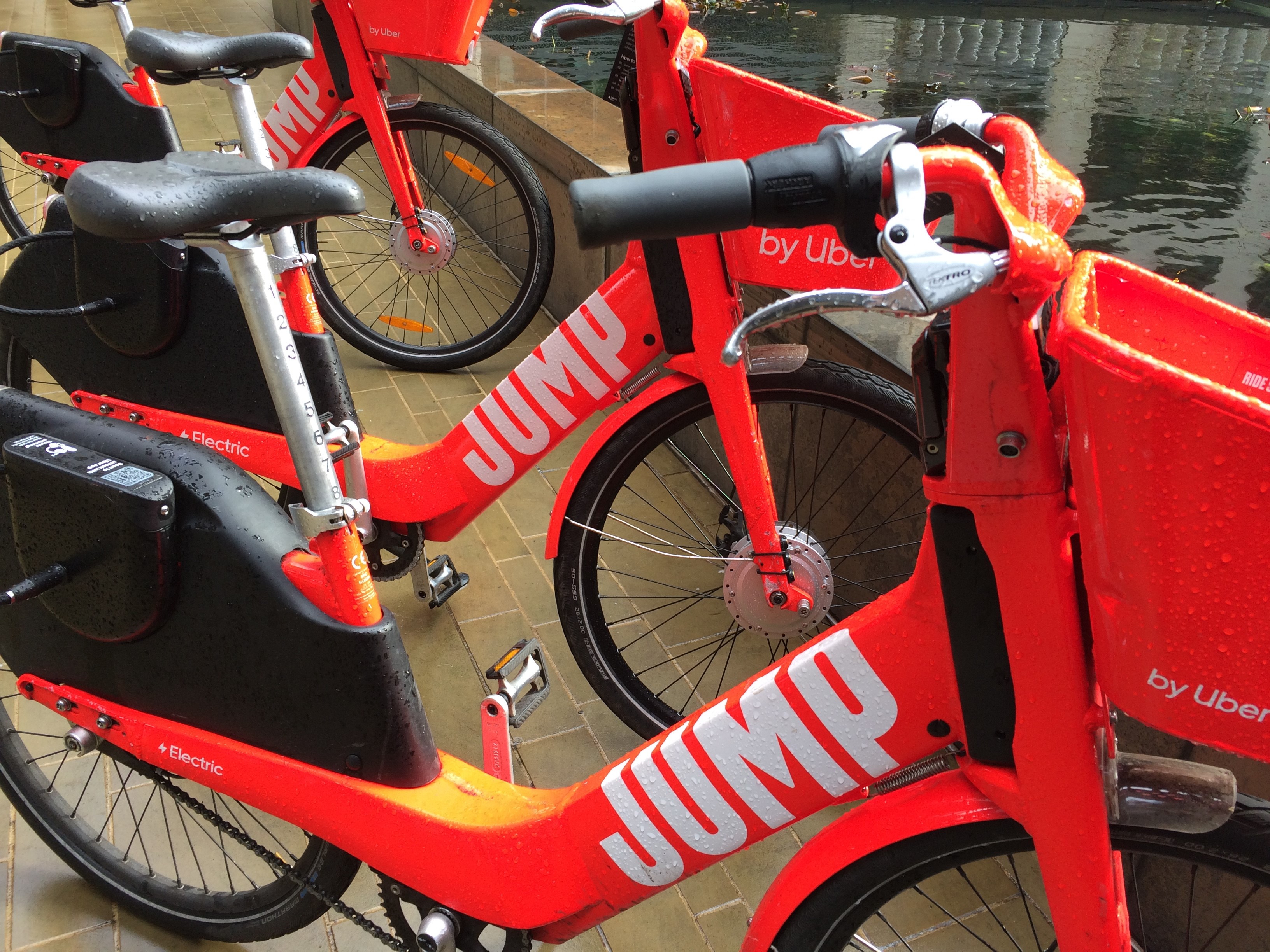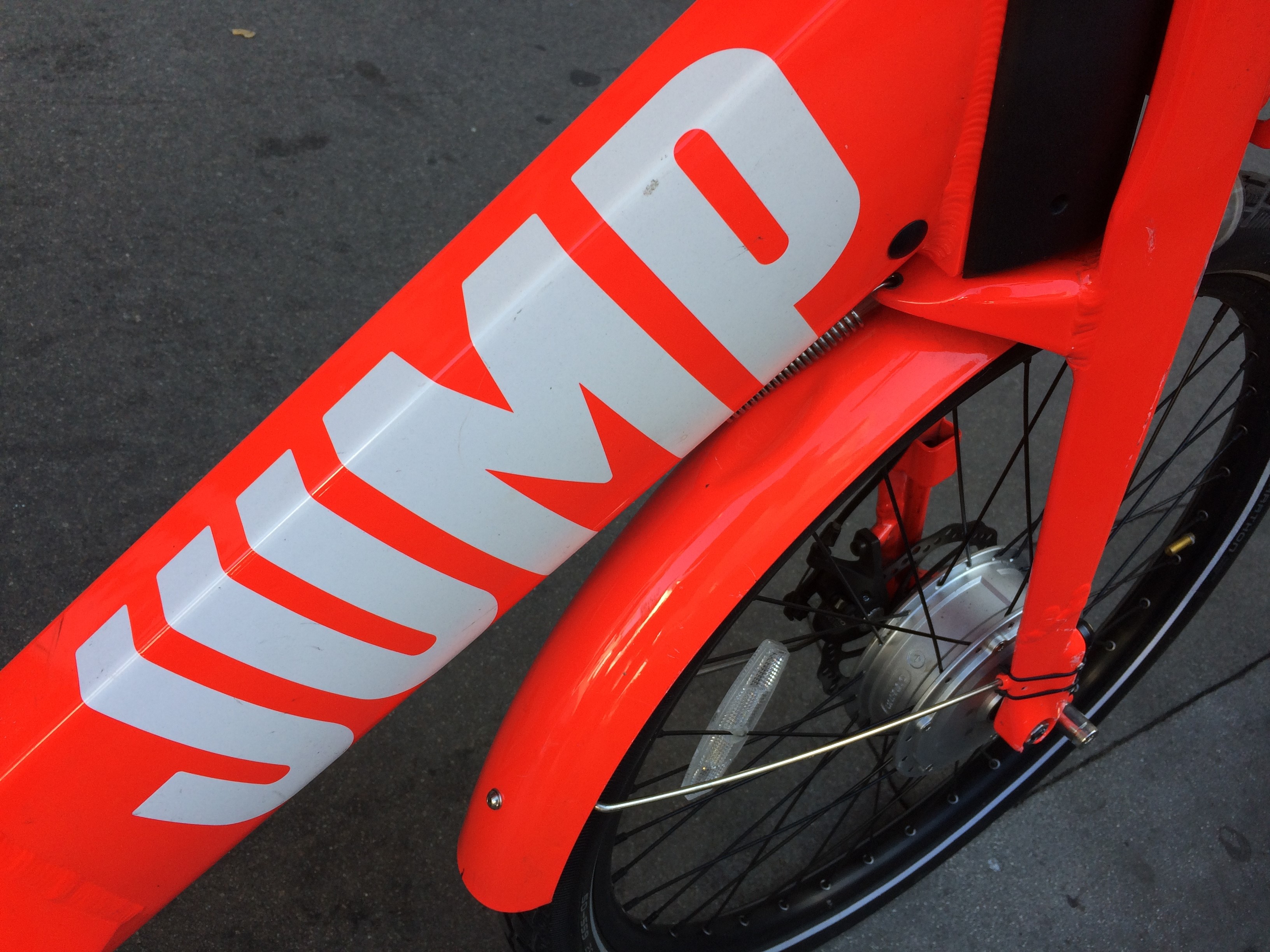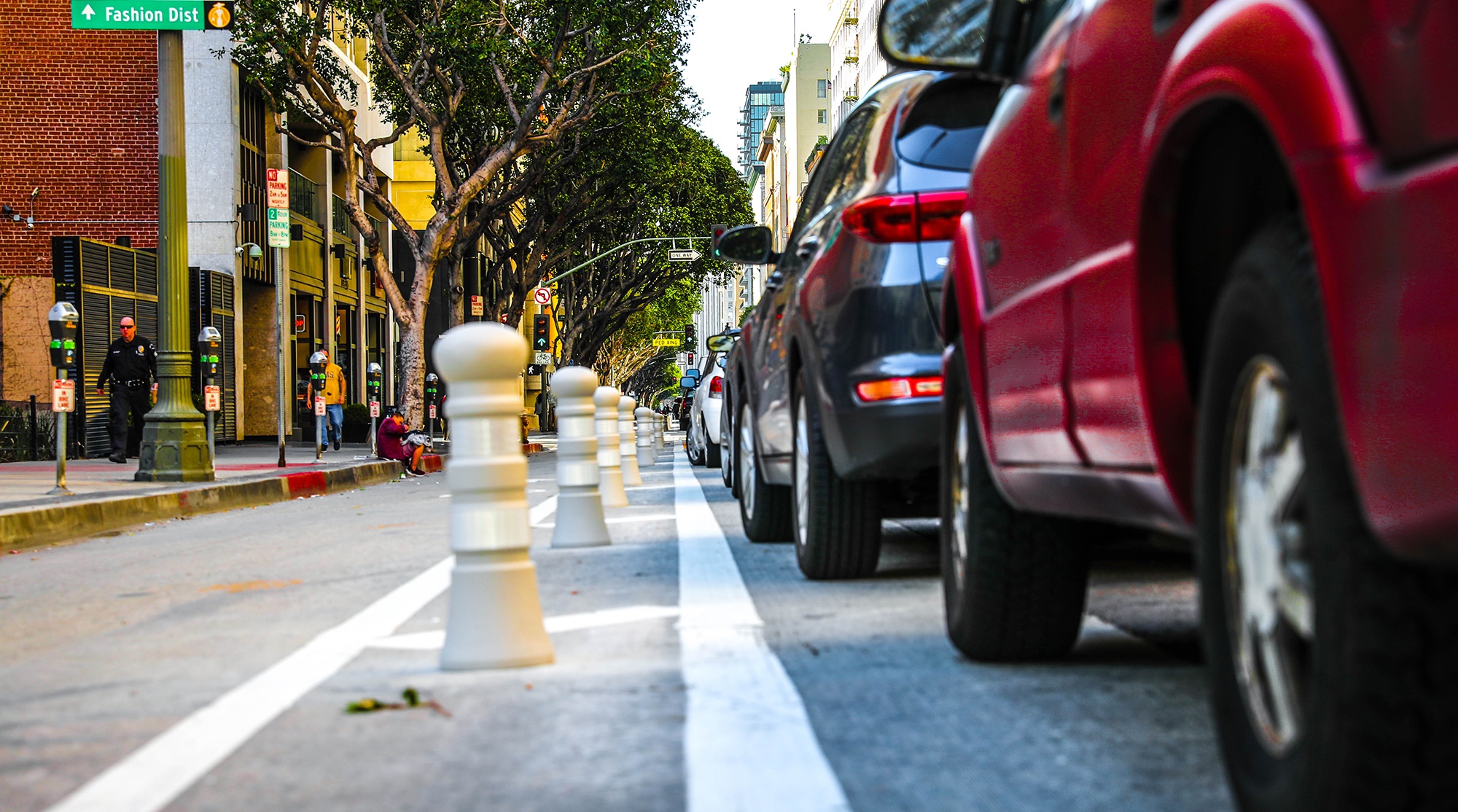
In a blog post on M, Uber's chief privacy officer Ruby Zefo says MDS allows the city to access and collect the location coordinates of Jump riders in real-time, putting their privacy at risk.
The move comes a month after Uber's decision to join the Communities Against Rider Surveillance group to raise awareness of how MDS can be used by local governments to track personal movements through a city.
Uber says Jump shares data to support safe operations of dockless mobility programmes in cities while also helping them make sure permit requirements are met.
“However, we remain concerned about LADoT’s demand for data about individual riders, including where they begin their trip, where and when they arrive, which route they take and any stop they make along the way,” Zefo continues. “This highly personal information, shared in real time with government agencies, signifies a decisive step towards the continuous, unregulated surveillance of our users.”
She bolsters Uber's stance by referring to an analysis carried out by California's Legislative Counsel Bureau which looked into whether such data could violate the California Electronic Communications Privacy Act (Calecpa).
“The Calecpa restricts a department of a city or country from requiring a business that rents dockless scooters or other shared mobility devices to the public to provide the department with real-time location data from its dockless shared mobility devices as a condition of granting a permit to operate in the department's jurisdiction,” the bureau concluded.
Zefo emphasises that Uber supports building a data sharing standard that can serve all cities “without jeopardising privacy”.
“Filing this lawsuit is an unfortunate, but necessary, step towards understanding how we can build standards and policies together that facilitate the exchange of mobility data while respecting the guardrails of consumer privacy and Constitutional rights,” Zefo concludes.











